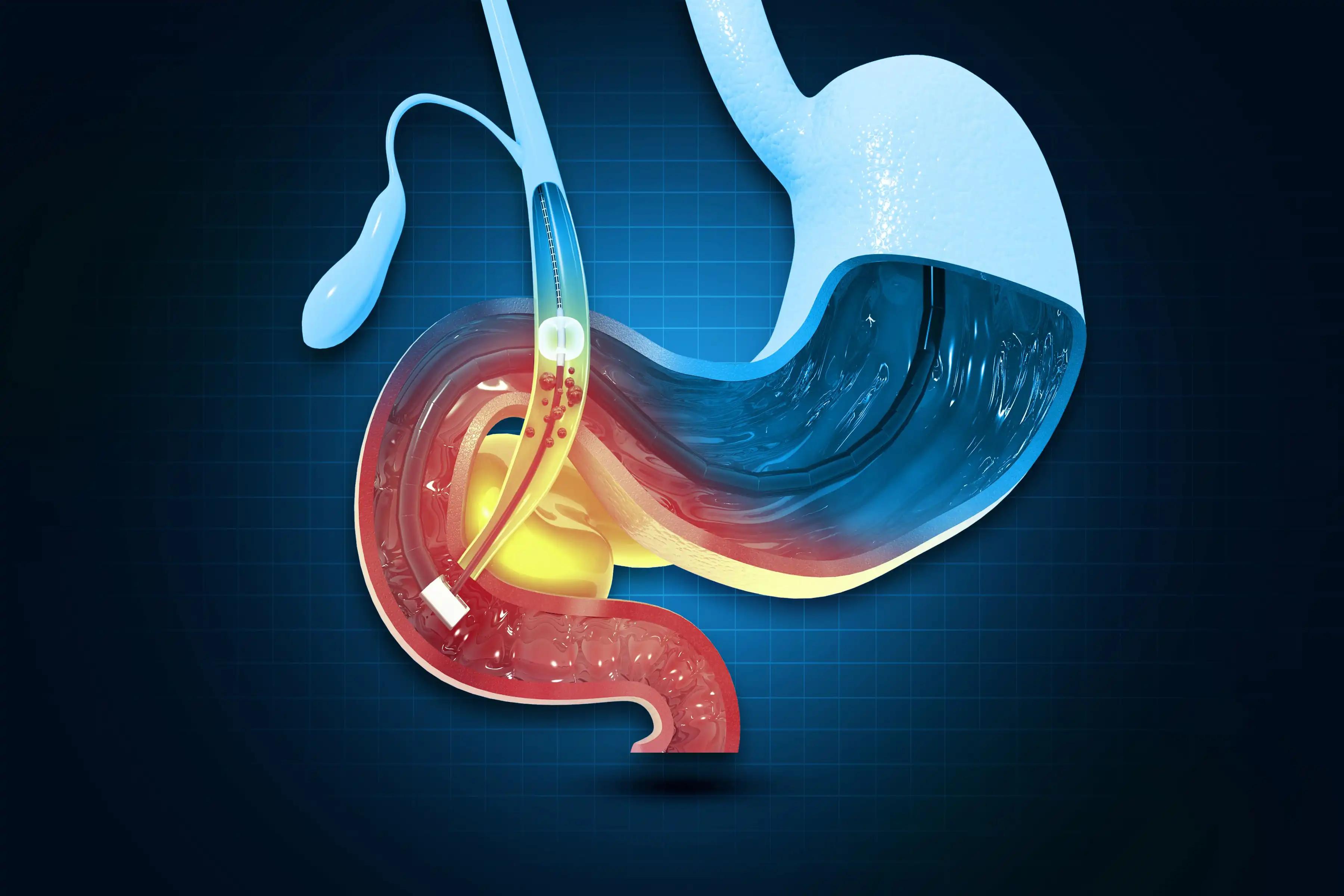KEY TAKEAWAYS
- The study aimed to present the updated result on efficacy of neoadjuvant N + I in cisplatin-ineligible patients with UTUC.
- The primary endpoint was to determine pCR.
- Researchers noticed significant clinical activity of neoadjuvant N + I in cisplatin-ineligible UTUC patients, particularly among those with pathogenic germline variants or MSI-high tumors.
Perioperative platinum-based chemotherapy has demonstrated efficacy in improving pathologic responses and disease-free survival (DFS) for patients with upper tract urothelial cancer (UTUC).
Michal Sternschuss, and the team aimed to present updated findings from the ongoing phase II neoadjuvant trial evaluating the combination of Nivolumab (N) and Ipilimumab (I) for cisplatin-ineligible UTUC patients.
Researchers performed an inclusive analysis focusing on cisplatin-ineligible patients with histologically confirmed high-grade UTUC and/or radiographically invasive UTUC with positive selective urine cytology.
Patients received I at 3mg/kg plus N at 1mg/kg at (weeks 0 and 6), followed by “N” alone at 3mg/kg at (week 3) prior to radical nephroureterectomy (NU). The primary endpoint was pathologic complete response (pCR, ypT0pN0), with secondary endpoints including <ypT2pN0 rate, DFS, and toxicity assessment. Pre-treatment tumor next-generation sequencing data was correlated with pathologic response.
About 17 patients (76% male) were enrolled between February 2021 and June 2023, with a median age of 73 (range 59-85). Primary tumor sites included the ureter in 10 patients, renal pelvis in 5, and both in 2. The median tumor diameter was 3.0 cm (range: 1.5 – 4.2 cm), with 8 patients (47%) presenting with hydronephrosis.
At present, 11 patients (65%) have completed all planned treatment, while 6 had N+/-I stopped prematurely due to treatment-related toxicities, 2 patients are awaiting radical NU, 13 have undergone the procedure, 1 declined surgery, and another progressed on N+I.
A pCR was observed in 4 out of 15 patients (27%), and <ypT2pN0 in 9 out of 15 (60%). The median time from the last treatment to NU was 1.6 months (range 0.5-4.9). About 3 patients developed metastatic recurrence at 3.9, 10.3, and 15.6 months after treatment initiation.
CTCAE grade ≥3 treatment-related adverse events (TRAEs) occurred in 5 patients (29%), 4 patients died during follow-up in which 2 from metastatic disease, 1 from complications related to a bowel leak, and 1 from complications of a fall unrelated to disease or treatment (9.2 months after N+I initiation and 4.7 months after NU).
The median tumor mutational burden (TMB) in 9 patients with pre-treatment sequencing was 13.2 mutations/mb (range 4.1-106.3), with 4 out of 5 patients with TMB>10 achieving <ypT2pN0 at NU. Pathogenic germline variants in mismatch repair genes were confirmed in 4 patients (MSH2 in 3, MLH1 in 1), and MSI-high tumors without germline alterations in 2 patients. Of 6 patients who completed NU (1 pending surgery), all 5 achieved pCR or ypTaN0 and remained alive and disease-free at last follow-up (6, 13.4, 17, 17.9, and 31 months).
The study concluded that neoadjuvant N + I demonstrated consistent clinical activity in cisplatin-ineligible patients with UTUC, aligning with initial findings. Moreover, all patients harboring pathogenic germline variants in mismatch repair genes or MSI-high tumors without germline alterations, who underwent radical NU, achieved <ypT2pN0 status and remained disease-free.
The study was sponsored by Memorial Sloan Kettering Cancer Center
Source: https://meetings.asco.org/abstracts-presentations/229852
Clinical Trial: https://clinicaltrials.gov/study/NCT03520491
Sternschuss M, Guercio BJ, Pietzak EJ, et al. (2024). “Neoadjuvant nivolumab (N) + ipilimumab (I) in cisplatin-ineligible patients with upper tract urothelial cancer (UTUC): Updated results.” Presented at ASCO- GU 2024 (Abstract 645).



